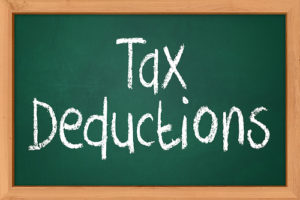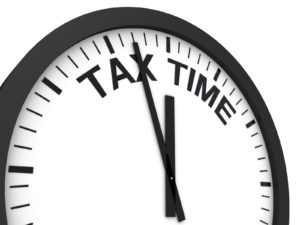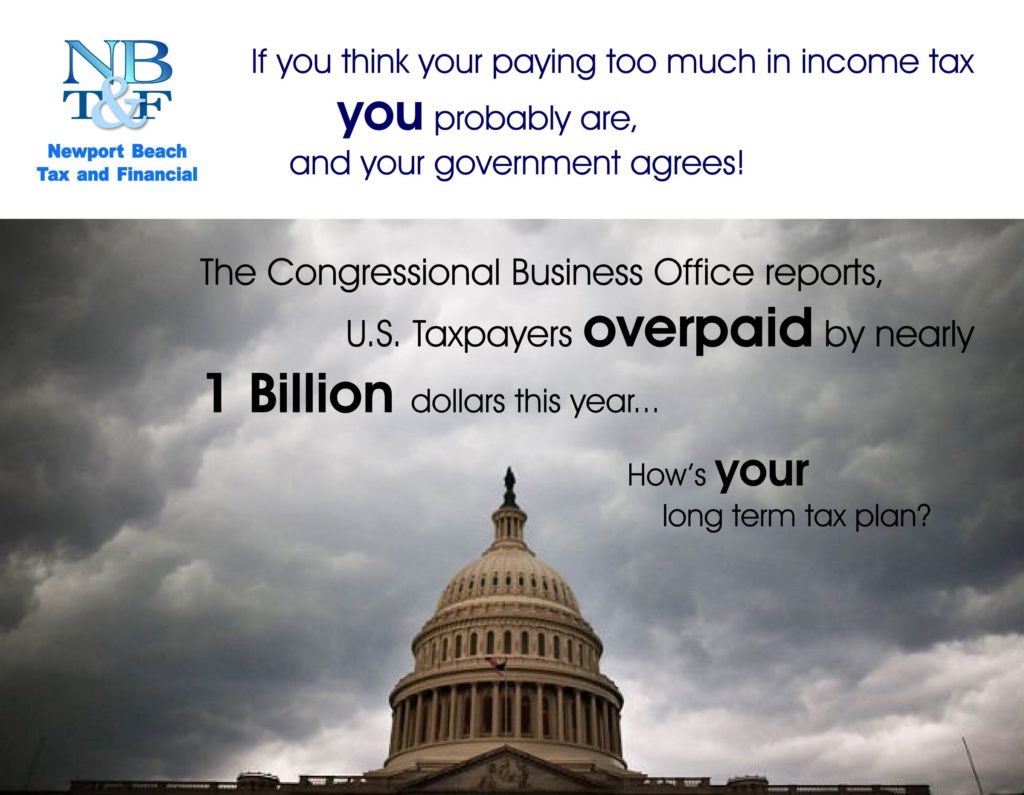 The trick to saving money through smart tax deductions is to find the deductions that apply to the purchases you are already making. It makes no sense to spend money simply to deduct it later. However, if you are already paying an expense for the creation or upkeep of your business, you should seek out a way to deduct those costs. In most cases, you will find that most business-related bills or a portion of those bills can be deducted.
The trick to saving money through smart tax deductions is to find the deductions that apply to the purchases you are already making. It makes no sense to spend money simply to deduct it later. However, if you are already paying an expense for the creation or upkeep of your business, you should seek out a way to deduct those costs. In most cases, you will find that most business-related bills or a portion of those bills can be deducted.
This guide has addresses just a few of the many business deductions available to small business owners. Many more deductions are available. Your business may not qualify for every possible deduction, but many may apply. By discussing your options in detail with your tax coach, you can identify the best opportunities to trim money from your annual tax bill.
Hiring a talented tax coach can be expensive, but the service is well worth the price. By finding deductions that will reduce your tax bill, you can keep more money in your pocket. In this way, paying for a tax coach can allow you to save far more money than you spend for the service. In reality, you can’t afford not to have a Certified Tax Coach on your team.
Shelly R. Johnson, CPA, CGMA, CTC From: Why didn't My CPA tell Me That?
 Millions of people enjoy hobbies that are also a source of income. From catering to cupcake baking, crafting homemade jewelry to glass blowing — no matter what a person’s passion, the Internal Revenue Service offers some tips on hobbies.
Millions of people enjoy hobbies that are also a source of income. From catering to cupcake baking, crafting homemade jewelry to glass blowing — no matter what a person’s passion, the Internal Revenue Service offers some tips on hobbies.








